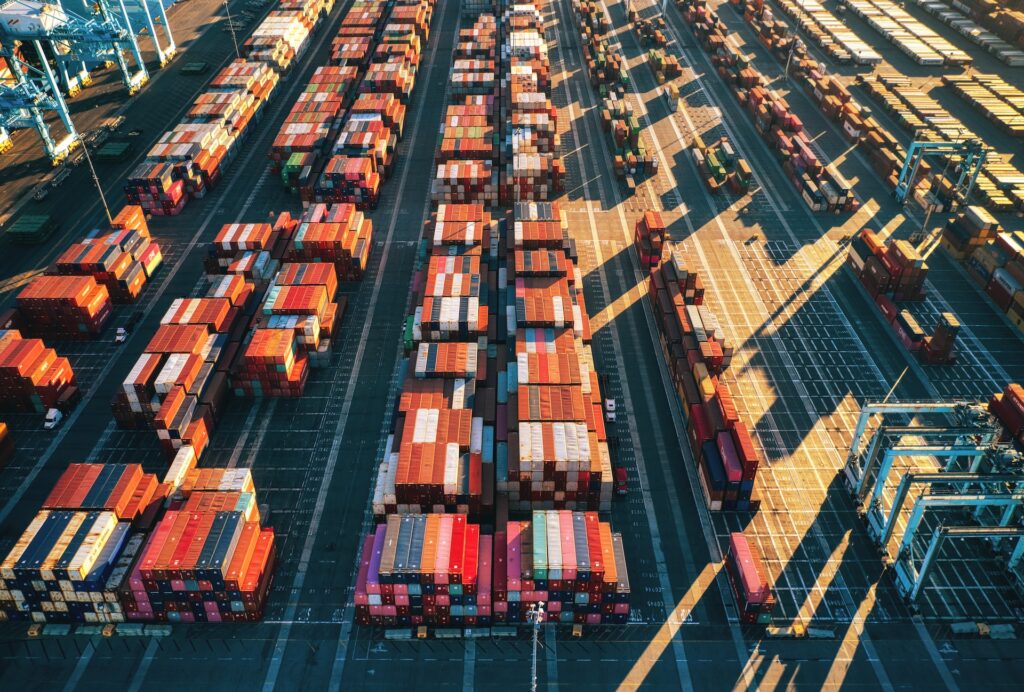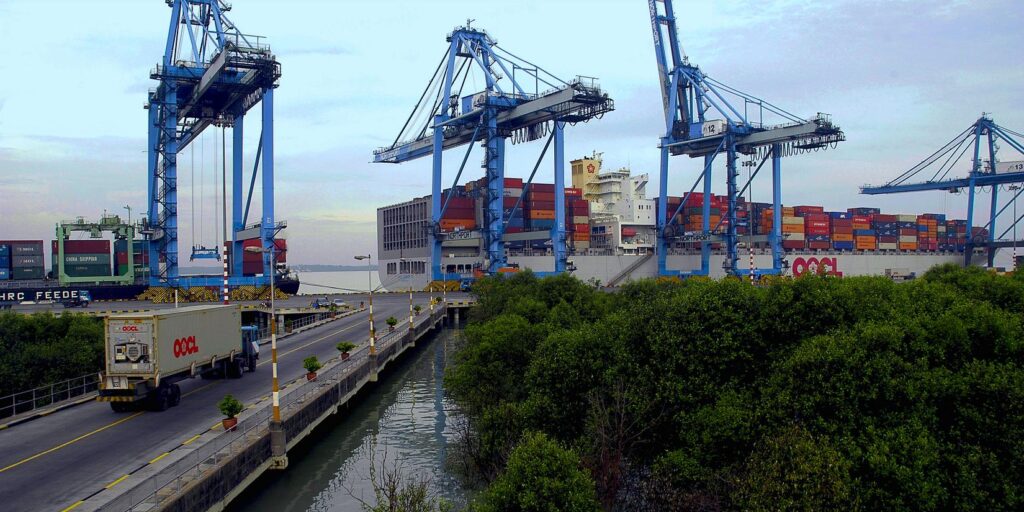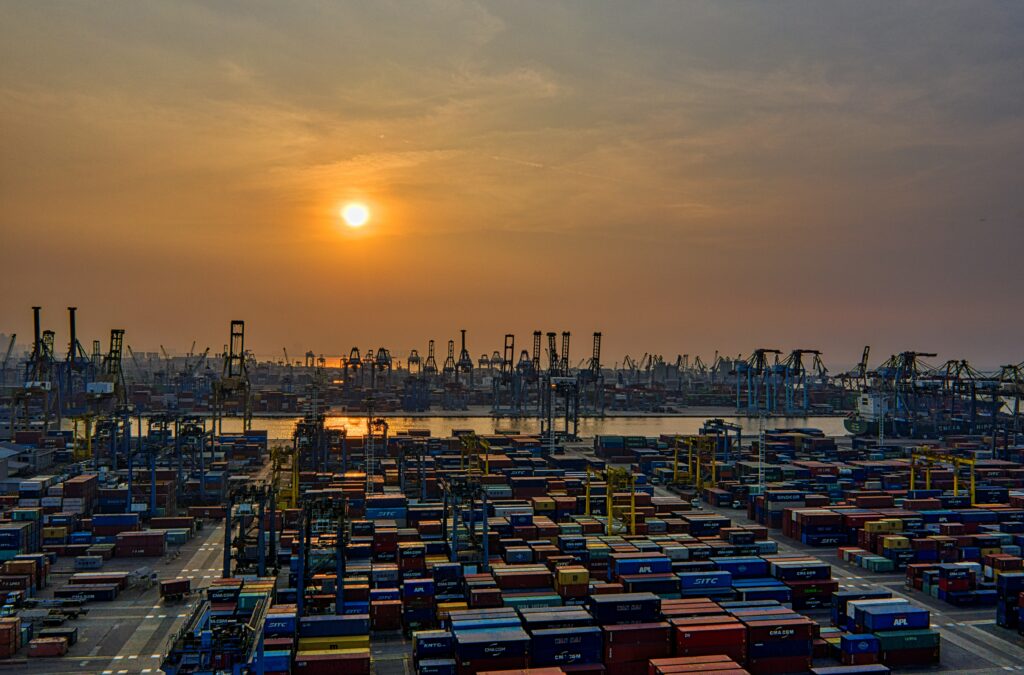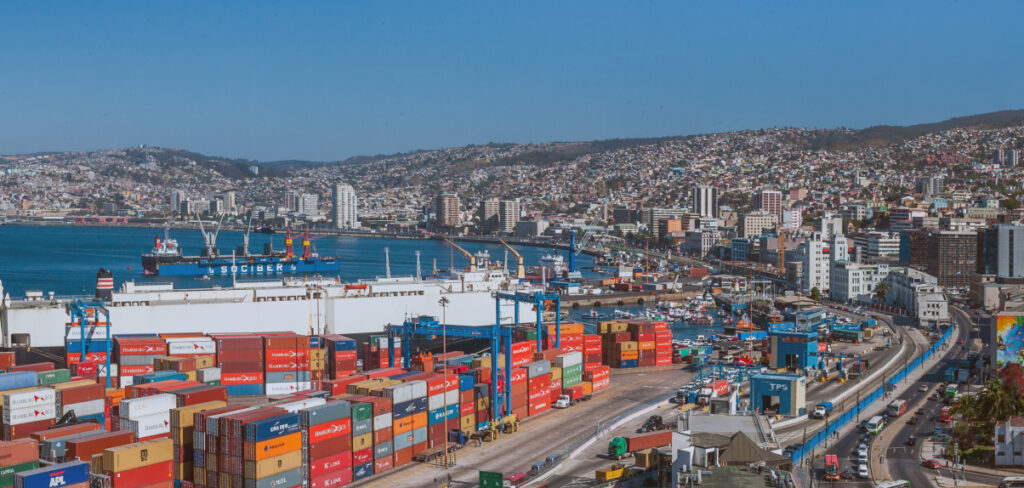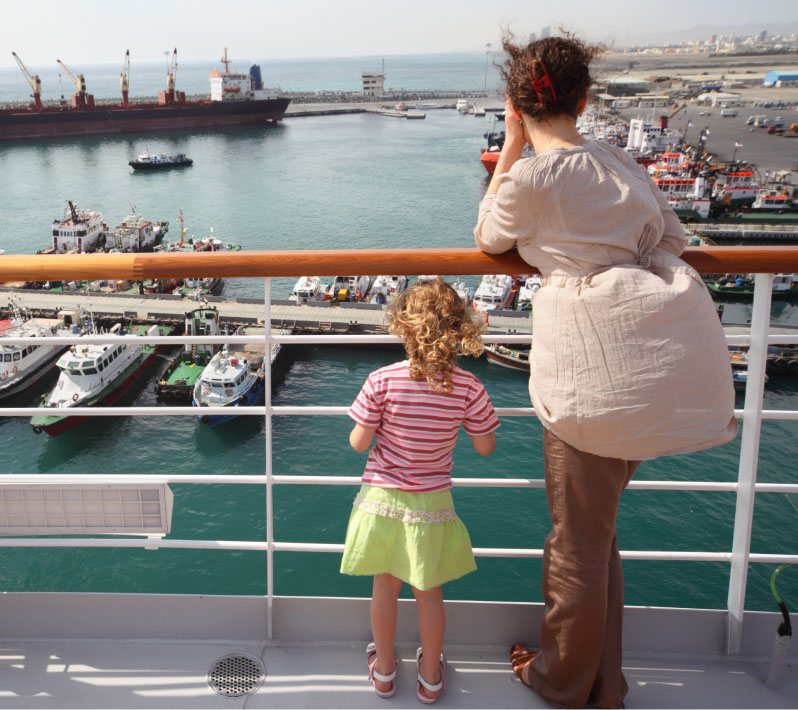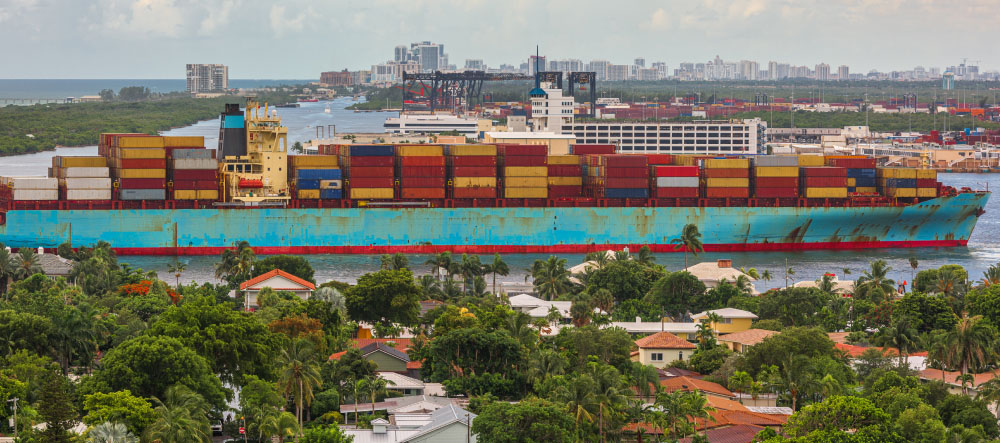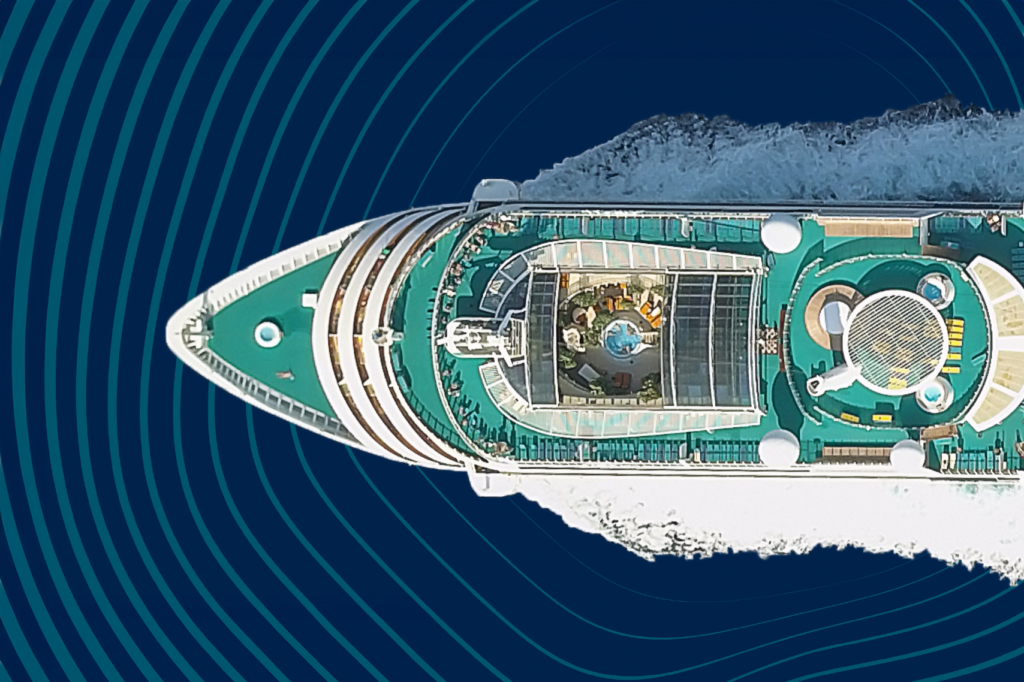
Poison in the water: The call to ban scrubber discharge
The report underscores the substantial environmental and human health costs of unrestricted scrubber use, and highlights the economic, ecological and human health consequences of inaction. Without a ban on the use of scrubbers and the discharge of scrubber wastewater, or a mandate to use cleaner distillate fuels, ecosystems, ocean resources and coastal communities will continue to be threatened and human health risks will increase.
